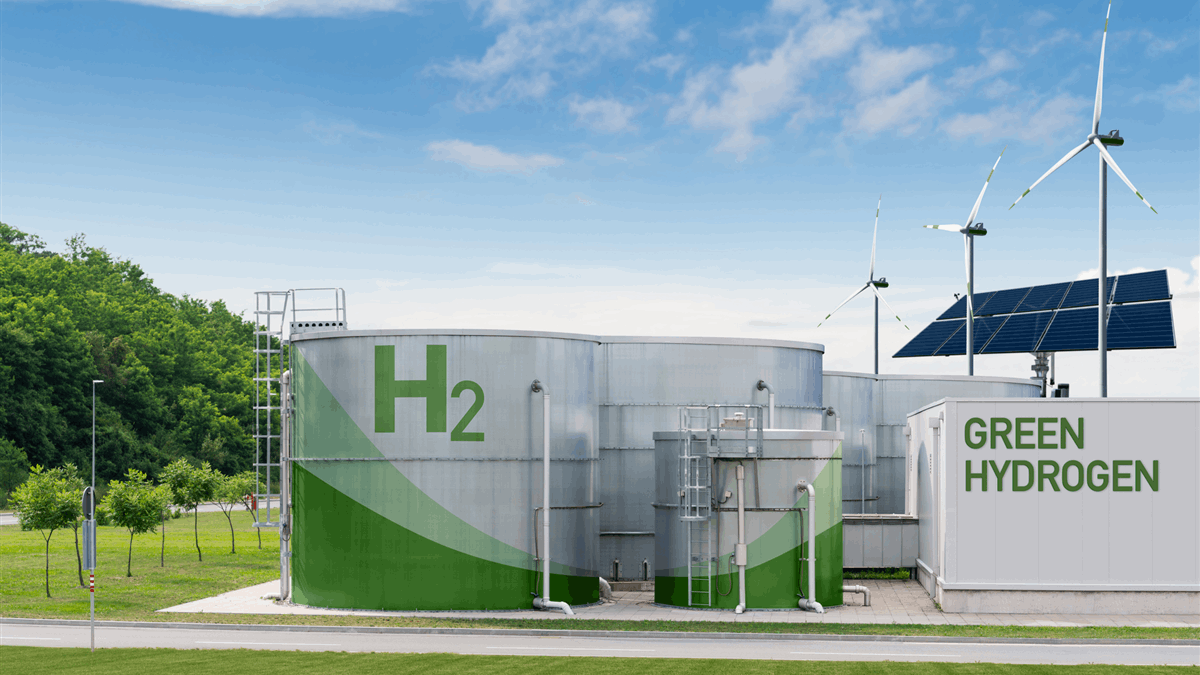European Hydrogen Bank Fuels Renewable Projects Across Five Countries
Key Ideas
- Fifteen renewable hydrogen projects in Europe secure EUR 992 million in grants, aiming to produce 2.2 million tonnes of renewable hydrogen and reduce 15 million tonnes of CO2 emissions over 10 years.
- Selected projects to receive a fixed premium per kilogram of renewable hydrogen produced to bridge the cost-price difference, with off-takers in the maritime sector included for the first time.
- Eight projects in Spain, three in Norway, two in Germany, and one each in Finland and the Netherlands are chosen, with the largest production volume projects located in the Netherlands, Germany, and Finland.
- The European Hydrogen Bank's second auction signals a commitment to a robust renewable hydrogen market, enhancing EU's energy independence and setting the stage for future auctions and the launch of the Hydrogen Mechanism.
Fifteen renewable hydrogen production projects across five countries have secured a total of EUR 992 million in grants after the second round of the European Hydrogen Bank. These projects are expected to produce nearly 2.2 million tonnes of renewable hydrogen over 10 years, aiming to avoid more than 15 million tonnes of CO2 emissions. The European Commission highlighted that the hydrogen would be used in various sectors such as transportation, the chemical industry, methanol, and ammonia production. Winners of the grant will receive a fixed premium per kilogram of renewable hydrogen produced over a period of up to 10 years. Notably, projects with off-takers in the maritime sector were included for the first time. Eight projects in Spain, three in Norway, two in Germany, and one each in Finland and the Netherlands were selected. The largest production volume projects include the Zeevonk Electrolyser project in the Netherlands, KASKADE project in Germany, and Kristinestad PtX project in Finland. The auction under the European Hydrogen Bank is part of the EU's commitment to building a robust renewable hydrogen market, contributing to energy independence and supporting climate neutrality efforts. The next auction is planned by year-end, and the Commission will also launch the Hydrogen Mechanism to facilitate interactions between buyers and sellers in the renewable hydrogen market.
Topics
Projects
Renewable Energy
Maritime Sector
EU Funding
CO2 Emissions
Energy Independence
European Commission
Grants
Production Projects
Latest News
